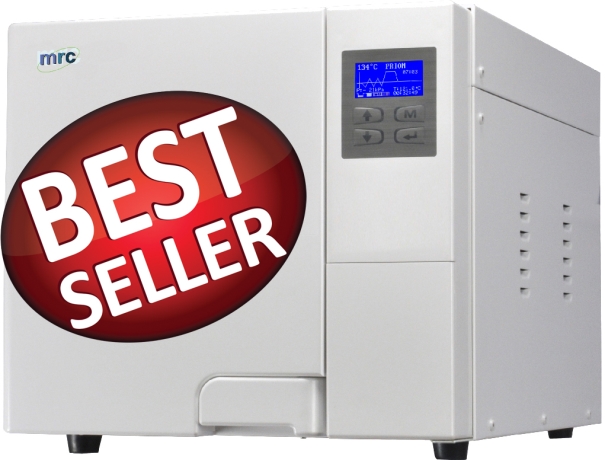Autoclaves are essential devices in various industries for sterilizing equipment and materials. With the increasing global emphasis on hygiene and sterilization, the demand for autoclaves is skyrocketing. In this article, we'll dive deep into the world of autoclaves, exploring their types, uses, and market dynamics across different regions.
What is an Autoclave?
An Autoclave is a device that uses steam under pressure to kill harmful bacteria, viruses, fungi, and spores on equipment and materials. This sterilization process is crucial in medical, industrial, and research settings to ensure safety and cleanliness.
The concept of autoclaving dates back to the 19th century when Charles Chamberland invented the first steam sterilizer. Since then, autoclaves have evolved significantly, becoming more efficient and versatile.
How Autoclaves Work
Basic Working Principle
Autoclaves operate by heating water to generate steam, which is then pressurized to achieve temperatures high enough to kill microorganisms. The typical sterilization temperature is around 121°C (250°F) at a pressure of 15 psi.
Components of an Autoclave
Key components include the pressure chamber, steam generator, safety valves, and control systems. These parts work together to ensure efficient and safe operation.

Applications of Autoclaves
Medical Field
In hospitals, autoclaves sterilize surgical instruments, linens, and medical waste, ensuring patient safety and preventing infections.
Industrial Use
Industries use them to cure composites, vulcanize rubber, and sterilize food products, enhancing product quality and safety.
Research Laboratories
Autoclaves in labs ensure that equipment and materials used in experiments are sterile, preventing contamination and ensuring accurate results.
Autoclaves in Healthcare
Importance in Hospitals
Hospitals rely on autoclaves to maintain a sterile environment, essential for patient care and surgical procedures.
Use in Dental Practices
Dental offices use smaller autoclaves to sterilize instruments between patients, ensuring a hygienic environment.
Industrial Autoclaves
Role in Manufacturing
They are crucial in manufacturing processes, such as curing composites used in aerospace and automotive industries.
Use in Food Processing
In the food industry, autoclaves sterilize canned goods, ensuring they are safe for consumption and have a longer shelf life.
Research and Laboratory Autoclaves
Ensuring Sterility in Experiments
Sterility is paramount in research to avoid cross-contamination and ensure the validity of experimental results.
Use in Pharmaceutical Research
Pharmaceutical labs use autoclaves to sterilize equipment and prepare culture media, crucial for drug development.

Regional Market Analysis
North America
The North American market is driven by stringent healthcare standards and advanced technological adoption in industries.
Europe
Europe's market is characterized by a high demand for medical sterilization and industrial applications.
Asia-Pacific
Rapid industrialization and growing healthcare infrastructure boost the demand for autoclaves in this region.
Latin America
The market here is growing due to increased healthcare awareness and industrial activities.
Middle East and Africa
Improving healthcare services and industrial growth are driving the demand for autoclaves in these regions.
Regulatory Standards and Compliance
International Standards
Autoclaves must meet international standards such as ISO 13485 and EN 13060, ensuring safety and efficacy.
Regional Regulations
Different regions have specific regulations that manufacturers must adhere to, ensuring their products are safe and effective.